Conclavoscope - Cardinal Antonio Cañizares Llovera
Cardinal Profile and Assessment
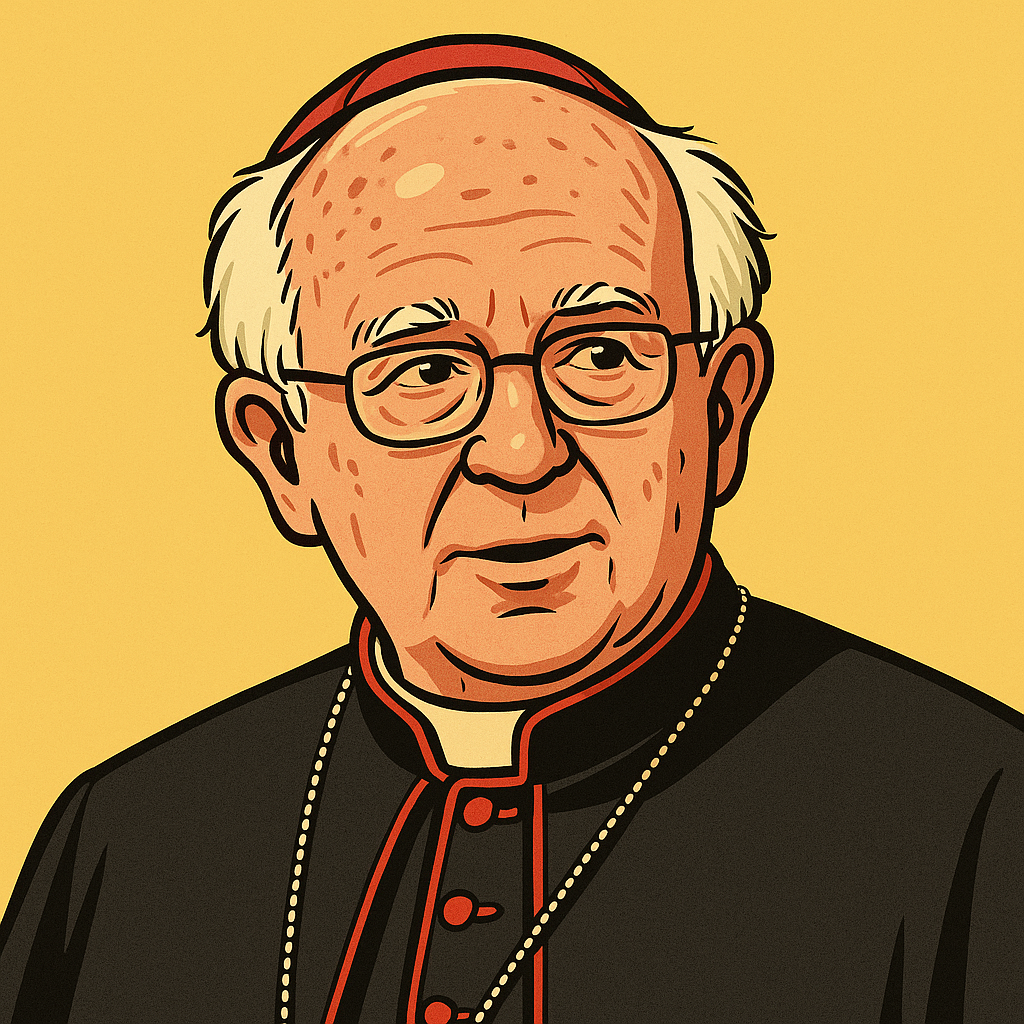
Spanish cardinal who is very conservative, nicknamed "the little Ratzinger," known for his traditionalist positions on liturgy and morality, and his vigorous defense of Catholic doctrine.
| Criterion | Tendency |
|---|---|
| Moral doctrine | Very conservative |
| Liturgy | Very conservative |
| Sociopolitical | Conservative |
| Relationship with Pope Francis | Conservative |
| Dialogue | Moderately conservative |
| Communication | Conservative |
| Overall tendency | Very conservative |
Cardinal Cañizares Llovera is a staunch defender of traditional Catholic moral teachings. He has vocally opposed abortion, euthanasia, and same-sex marriage, equating support for homosexual unions with support for Hitler. His unwavering stance underscores his commitment to conservative moral doctrine.
As former Prefect of the Congregation for Divine Worship, Cardinal Cañizares Llovera has been a prominent advocate for the Traditional Latin Mass. He has emphasized the importance of liturgical reverence and continuity, reflecting a deep commitment to traditional liturgical practices.
Cardinal Cañizares Llovera has been critical of progressive social policies, particularly those related to family and life issues. He has publicly challenged government legislation on euthanasia and abortion, positioning himself as a defender of traditional social values.
While Cardinal Cañizares Llovera has expressed support for Pope Francis, there have been instances of tension, particularly regarding liturgical reforms. His traditionalist views sometimes contrast with the Pope's more progressive initiatives.
There is limited information on Cardinal Cañizares Llovera's involvement in interreligious dialogue. His primary focus appears to be on internal Church matters and traditional Catholic teachings.
Known for his direct and sometimes controversial statements, Cardinal Cañizares Llovera communicates with clarity and conviction. His approach resonates with conservative audiences but has also attracted criticism from progressive sectors.
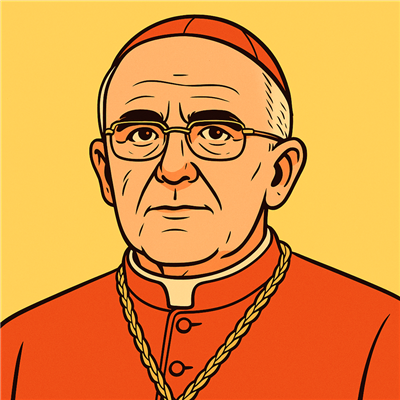
Spanish cardinal, Archbishop of Madrid, known for his moderate and conciliatory attitude, seeking balance between tradition and modern pastoral care.
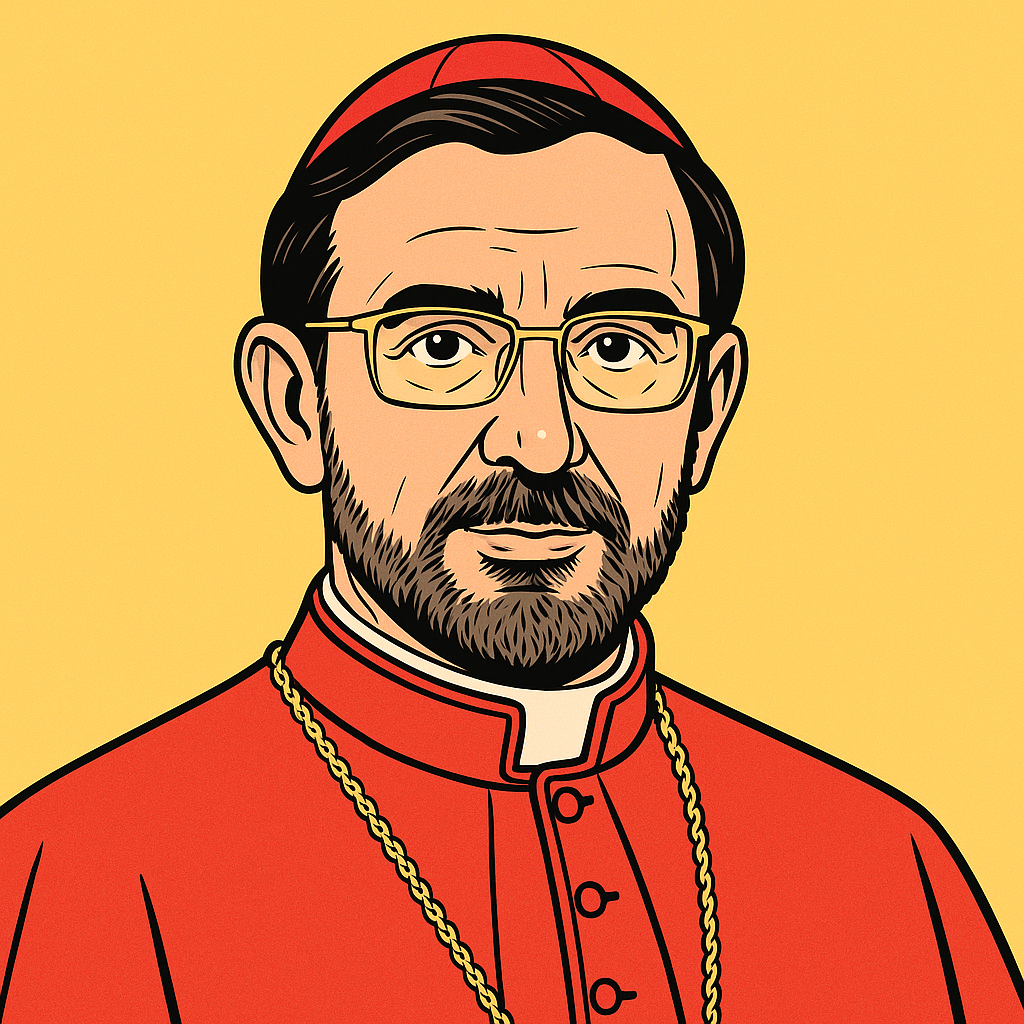
Spanish cardinal, Archbishop of Madrid, known for his pastoral commitment in working-class neighborhoods and his approach of openness, while maintaining respect for tradition.
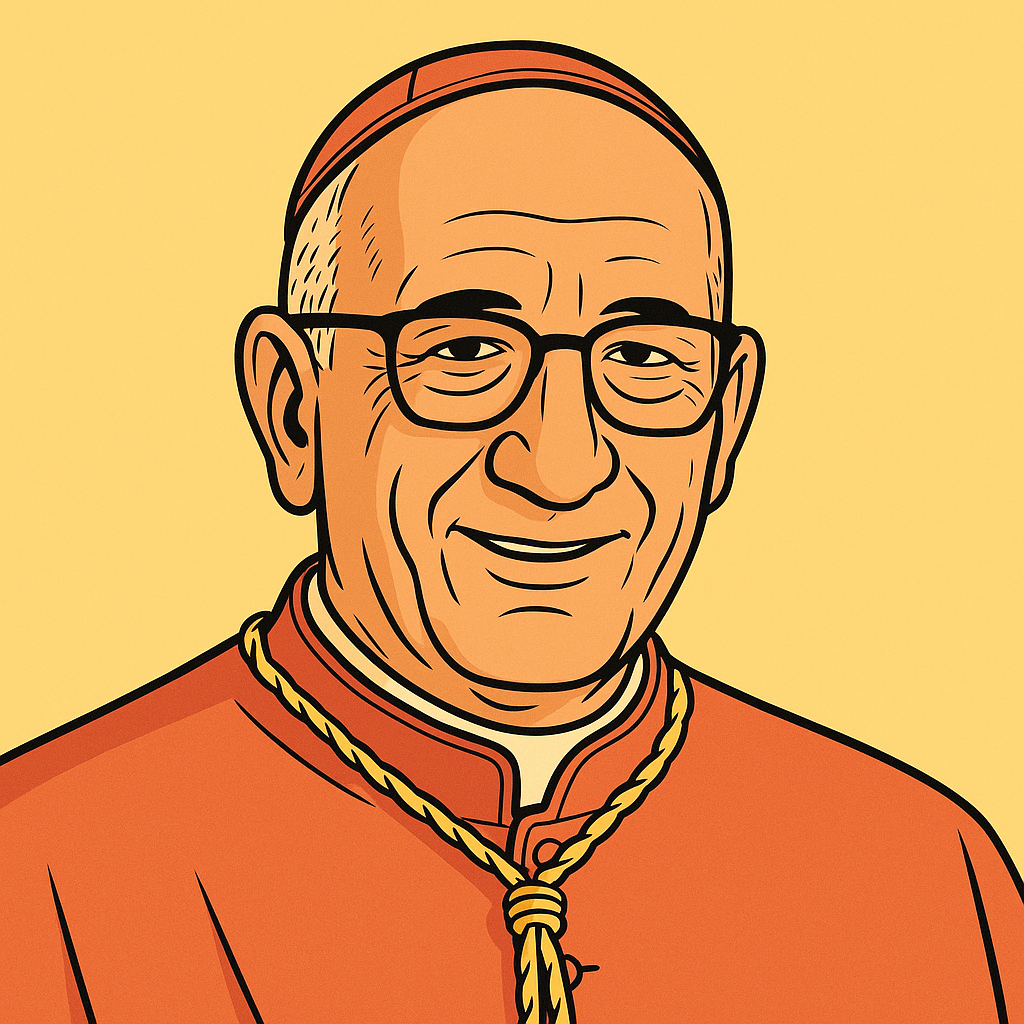
Spanish cardinal, Archbishop of Barcelona, known for his search for balance and mediation skills, with a moderate pastoral approach to the challenges of a secularized society.

Guinea
age: 80
Guinean cardinal, former prefect of the Dicastery for Divine Worship, known for his very conservative positions on liturgy and doctrine, and his deep attachment to Catholic tradition.
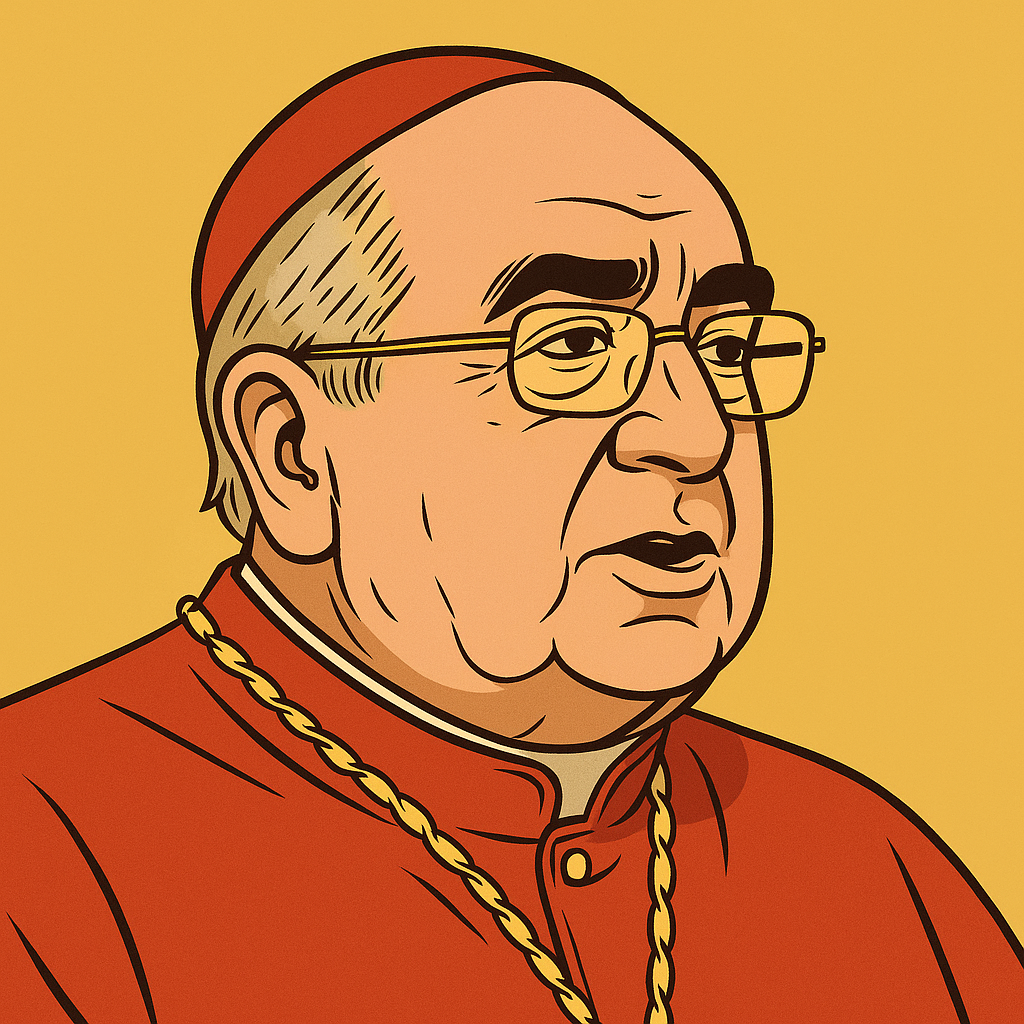
Poland
age: 80
Polish cardinal, Archpriest of the Basilica of Saint Mary Major, known for his conservative positions and experience in lay ministry, in the tradition of John Paul II.
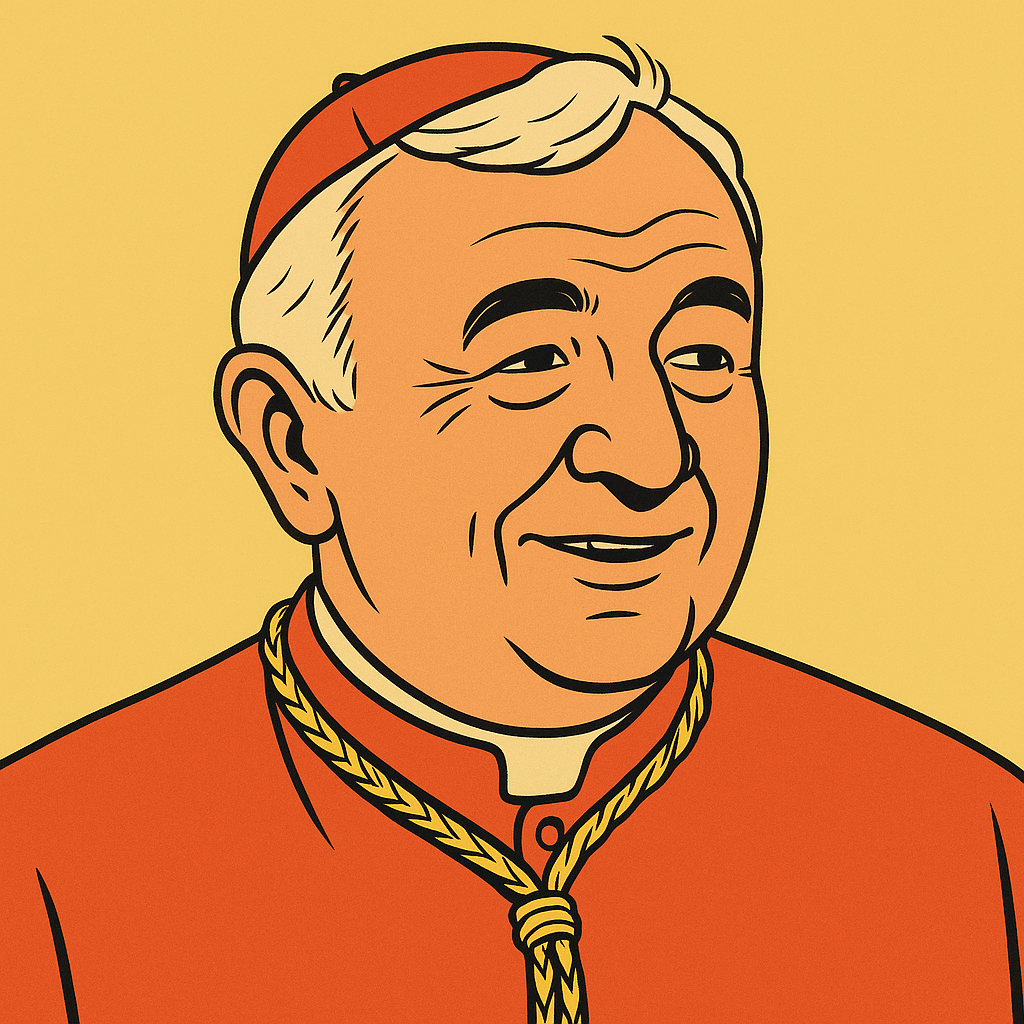
United Kingdom
age: 80
British cardinal, Archbishop of Westminster, known for his conservative positions on moral issues, while being committed to defending migrants and fighting human trafficking.
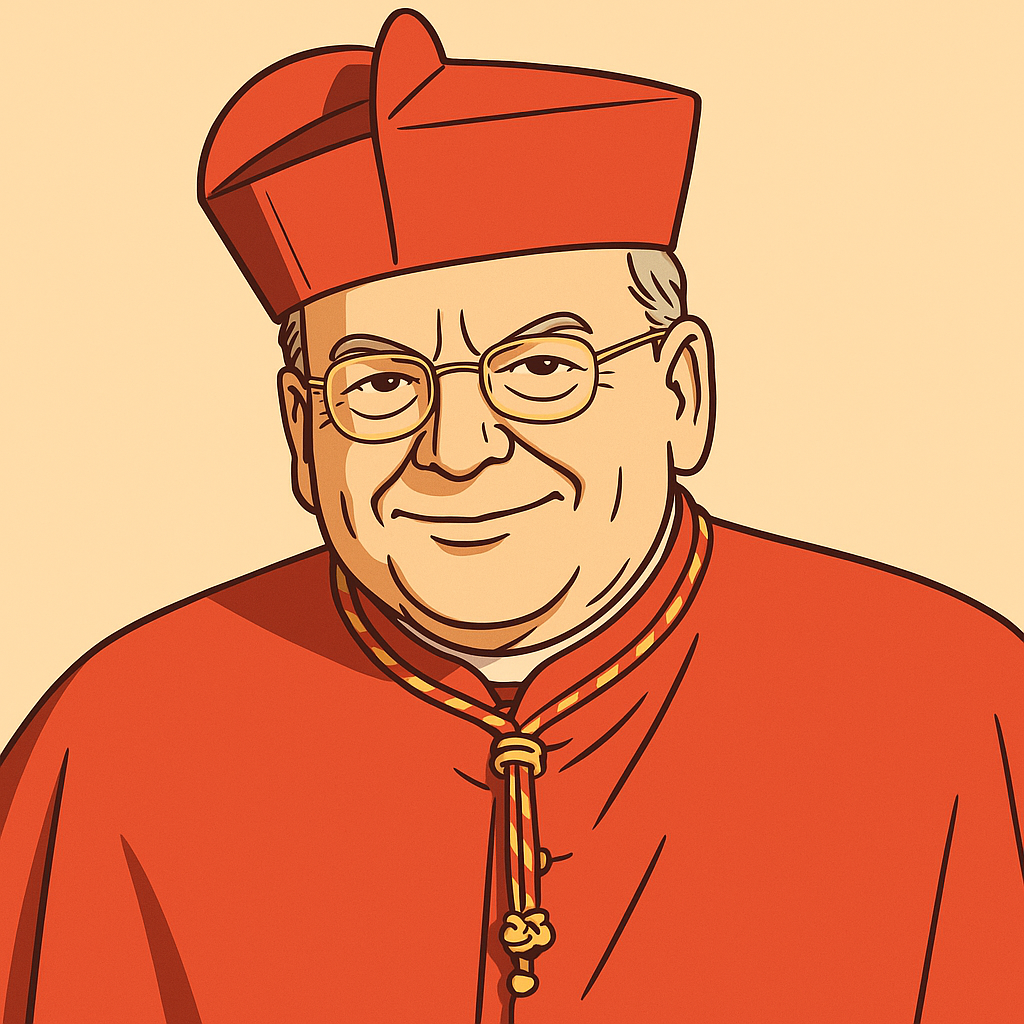
United States
American cardinal, patron of the Order of Malta, known for his very conservative positions on liturgy and doctrine, and his open opposition to certain orientations of Pope Francis' pontificate.

Guinea
Guinean cardinal, former prefect of the Dicastery for Divine Worship, known for his very conservative positions on liturgy and doctrine, and his deep attachment to Catholic tradition.

Netherlands
Dutch cardinal, Archbishop of Utrecht, physician and bioethicist, known for his very conservative positions on bioethical and moral issues, and his defense of traditional doctrine.

Netherlands
Dutch cardinal, Archbishop of Utrecht, physician and bioethicist, known for his very conservative positions on bioethical and moral issues, and his defense of traditional doctrine.
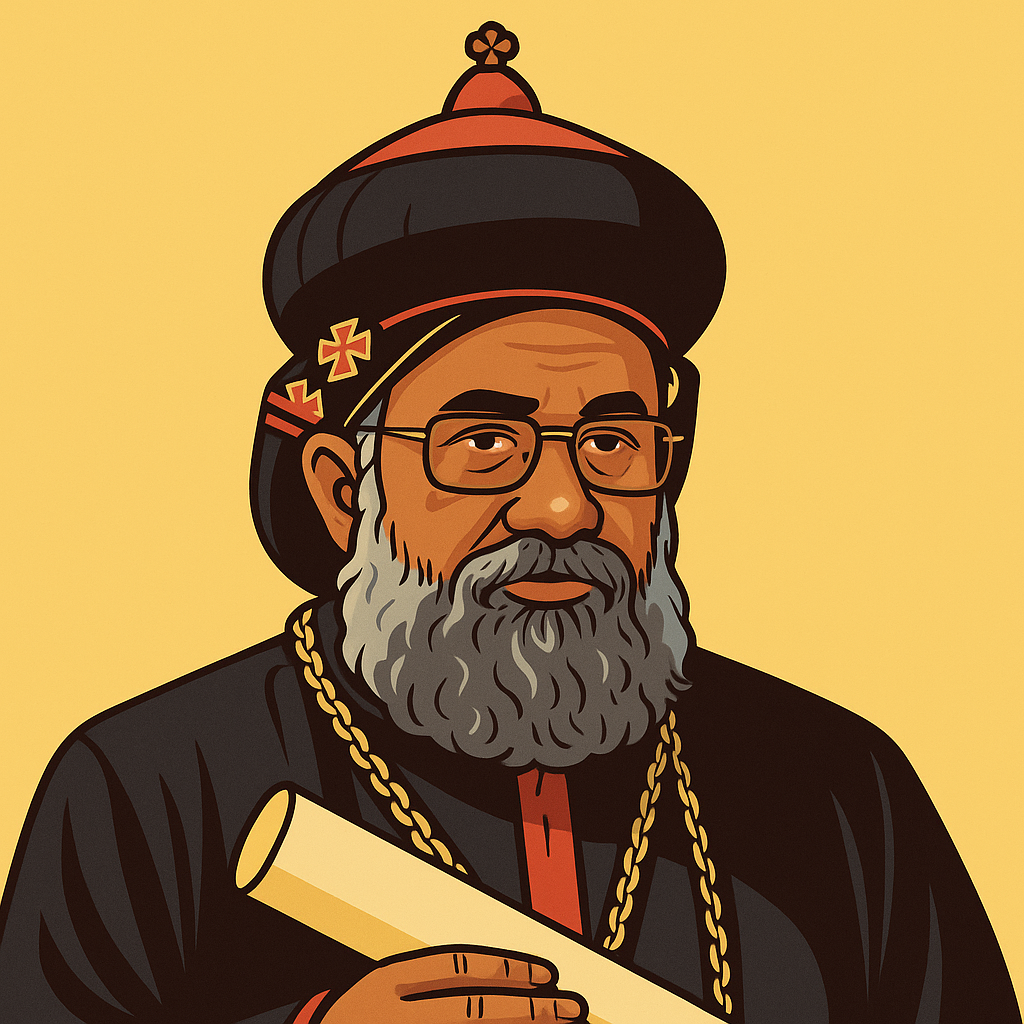
India
Indian cardinal of Syro-Malankara rite, known for his attachment to the Eastern traditions of the Church and his defense of traditional moral doctrine.
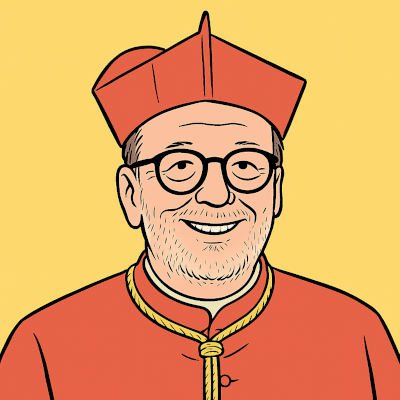
Italy
Italian cardinal, former apostolic nuncio, known for his diplomatic expertise and knowledge of Eastern Churches, combining liturgical tradition and openness to dialogue.

Guinea
Guinean cardinal, former prefect of the Dicastery for Divine Worship, known for his very conservative positions on liturgy and doctrine, and his deep attachment to Catholic tradition.

Poland
Polish cardinal, Archpriest of the Basilica of Saint Mary Major, known for his conservative positions and experience in lay ministry, in the tradition of John Paul II.
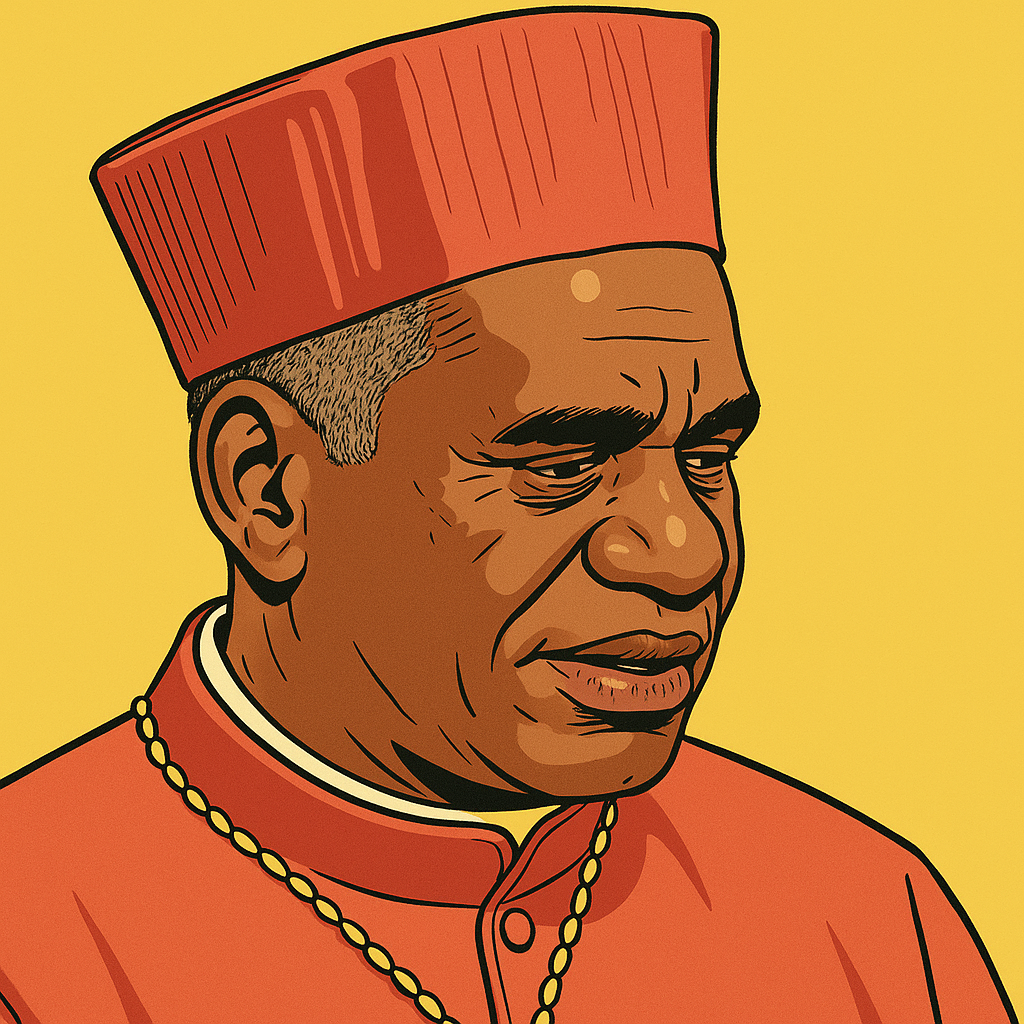
Madagascar
Malagasy cardinal, known for his traditionalist positions, his attachment to classical liturgy, and his vigorous defense of Catholic moral doctrine.
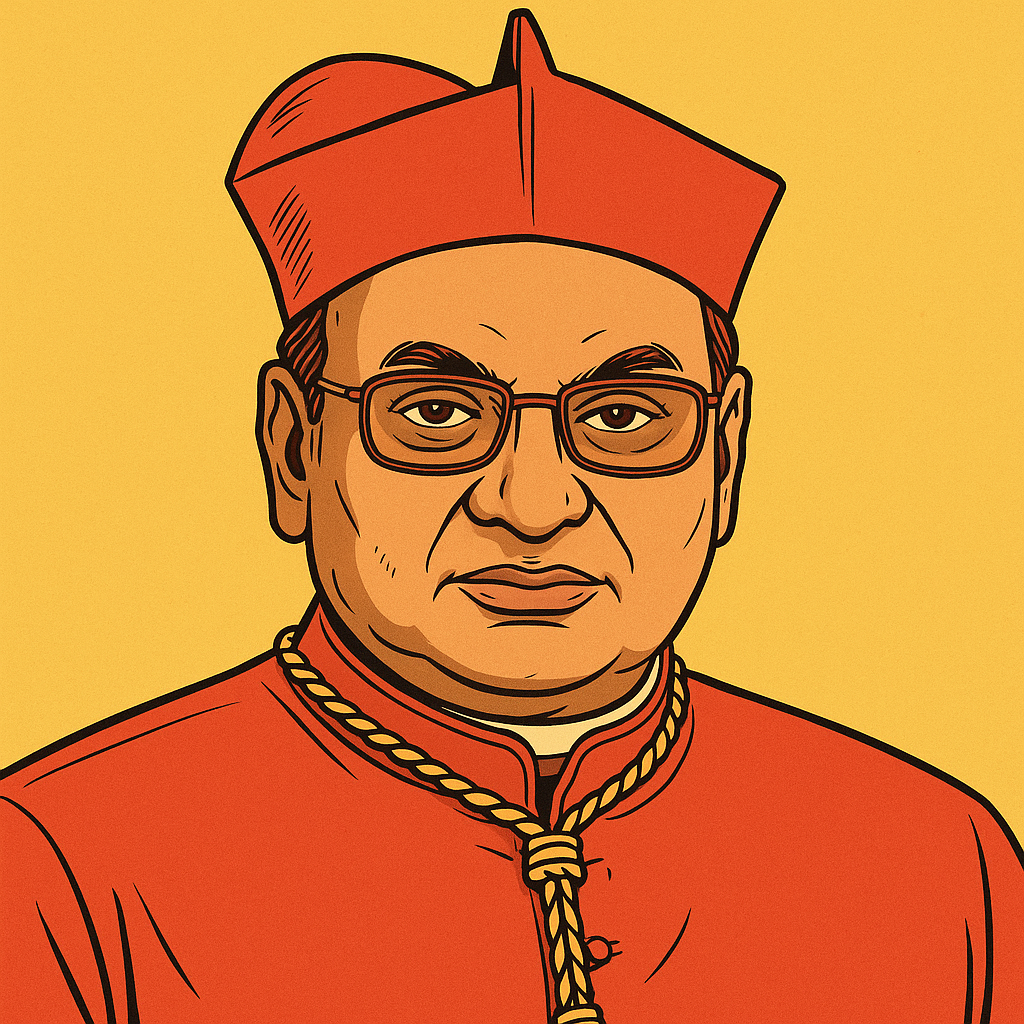
Sri Lanka
Sri Lankan cardinal with strong traditionalist positions, known for his attachment to traditional liturgy and defense of Catholic doctrine.

Germany
German cardinal, former prefect of the Congregation for the Doctrine of the Faith, known for his very conservative positions and vigorous defense of traditional doctrine.

Netherlands
Dutch cardinal, Archbishop of Utrecht, physician and bioethicist, known for his very conservative positions on bioethical and moral issues, and his defense of traditional doctrine.

Sri Lanka
Sri Lankan cardinal with strong traditionalist positions, known for his attachment to traditional liturgy and defense of Catholic doctrine.

Poland
Polish cardinal, Archpriest of the Basilica of Saint Mary Major, known for his conservative positions and experience in lay ministry, in the tradition of John Paul II.
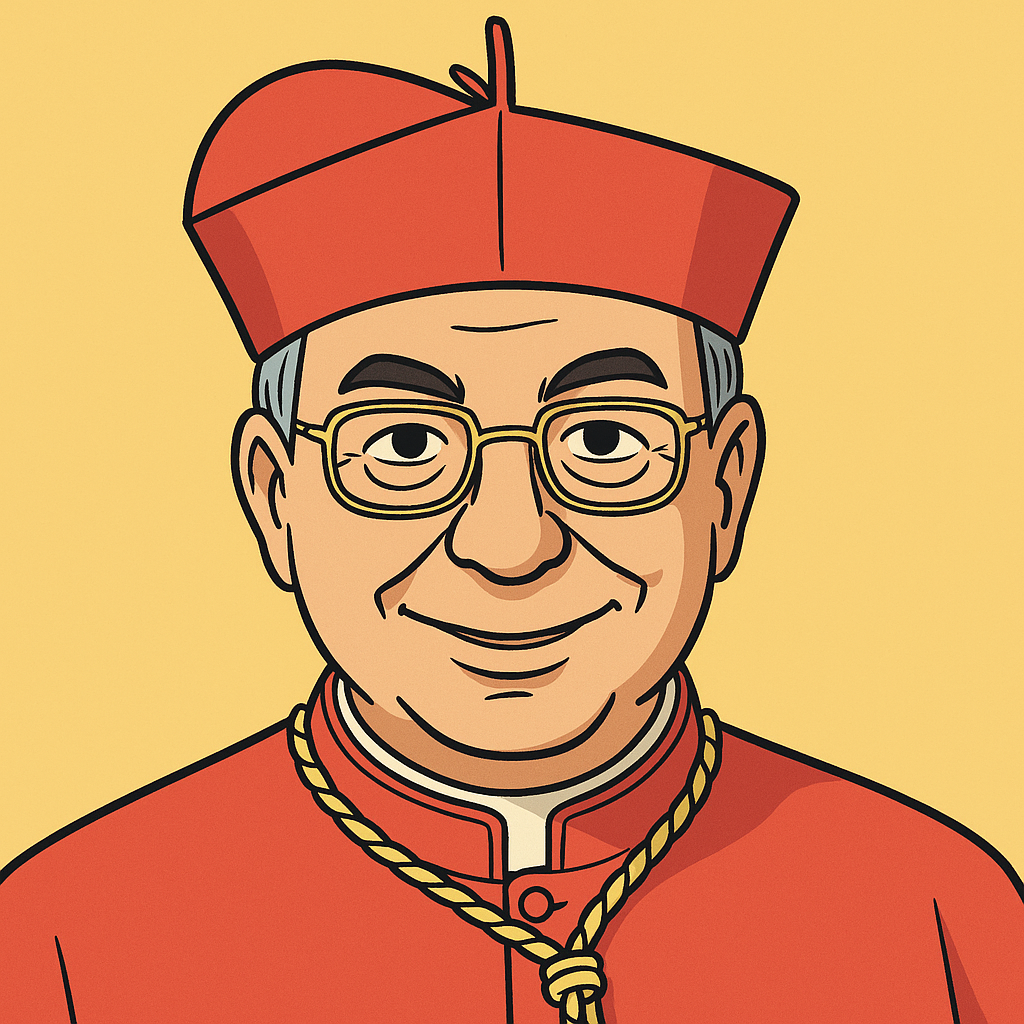
France
French cardinal, Prefect of the Supreme Tribunal of the Apostolic Signatura, known for his legal expertise and traditional doctrinal positions.

Guinea
Guinean cardinal, former prefect of the Dicastery for Divine Worship, known for his very conservative positions on liturgy and doctrine, and his deep attachment to Catholic tradition.

Poland
Polish cardinal, Archpriest of the Basilica of Saint Mary Major, known for his conservative positions and experience in lay ministry, in the tradition of John Paul II.

Madagascar
Malagasy cardinal, known for his traditionalist positions, his attachment to classical liturgy, and his vigorous defense of Catholic moral doctrine.